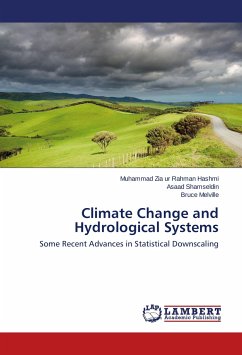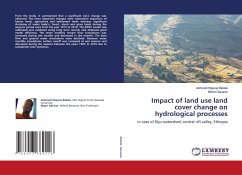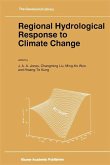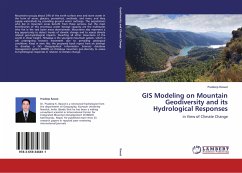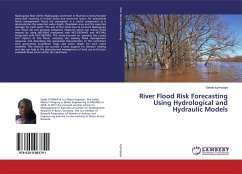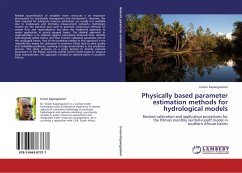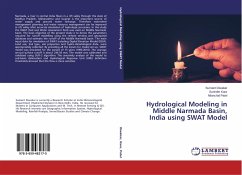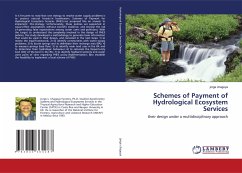Global Circulation Models (GCMs) are a major tool used for climate change projections under different emission scenarios. However, for assessing the hydrological impacts of climate change at watershed scale, GCM outputs cannot be used directly owing to the mismatch in spatial resolution between the GCMs and hydrological models. Thus a downscaling scheme (either statistical or dynamical) is employed. For hydrologic impact assessment studies, statistical downscaling is usually preferred over dynamical downscaling and among the variables usually downscaled, precipitation downscaling is more challenging than downscaling of other climatological variables. Therefore, this book is specifically focusing on addressing some of the contemporary issues in statistically downscaling of precipitation at watershed scale. Studies presented in this book make use of two widely used downscaling methods i.e. multiple linear regression and stochastic weather generator. Also, a new downscaling methodology using Gene Expression Programming (GEP) has been proposed. The issues discussed and analyzed in this book will facilitate further research in the area of statistical downscaling for hydrologic studies.
Hinweis: Dieser Artikel kann nur an eine deutsche Lieferadresse ausgeliefert werden.
Hinweis: Dieser Artikel kann nur an eine deutsche Lieferadresse ausgeliefert werden.

